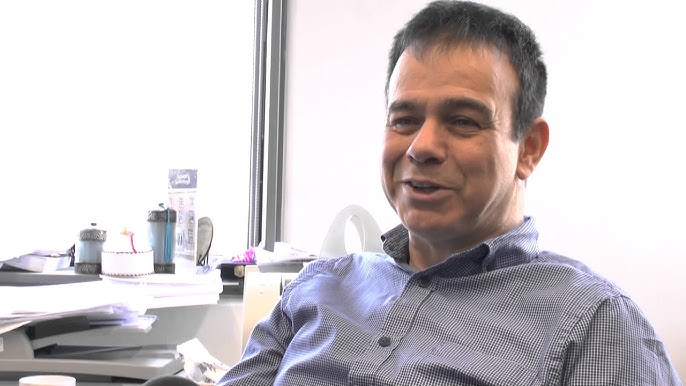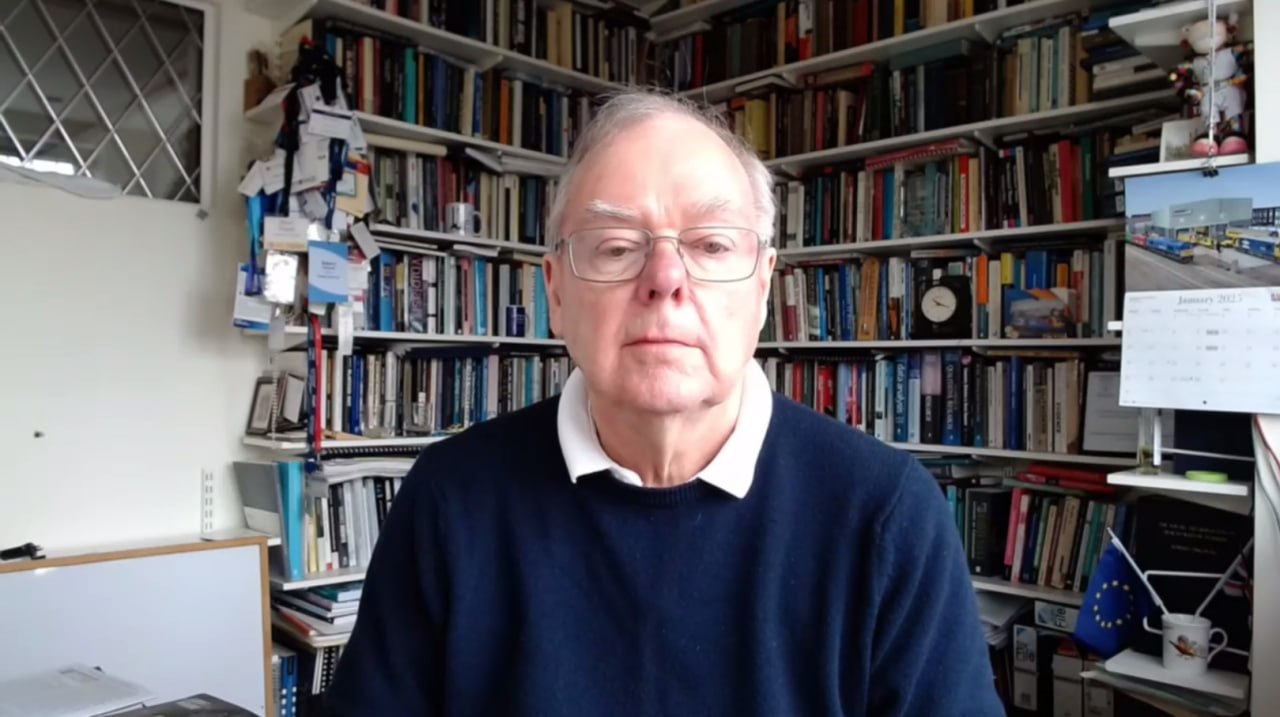Britain’s Cancel Culture: Justice or censorship?
Cancel culture in Britain is reshaping public life, from media to politics, often under the guise of accountability. TV

Cancel culture in Britain is reshaping public life, from media to politics, often under the guise of accountability. TV producer and broadcaster Sakena Datu highlights how pro-Palestinian voices, in particular, are being targeted — silenced by powerful lobbies and sidelined by institutions unwilling to tolerate dissent. From musicians and journalists to politicians, those speaking out are often met with career-ending consequences, revealing a deeper resistance to certain forms of activism and critique.
1. How do you define cancel culture in the UK context, and how does it differ from holding someone accountable?
Cancel culture in the UK is very much alive, especially in the context of Pro-Palestinian movement. The strong Zionist lobby ensures that while British politicians aren’t immune to criticisms, and that accountability takes place, Zionists most definitely are immune to any criticism or accountability. From Politicians like Jeremy Corbyn to journalists in main stream media and even musicians like Bob Vylan and Kneecap, any activism related to Palestine is being cancelled in the fear of mass support for the Palestinian cause.
2. Cases like Tim Hunt and Graham Linehan show how online backlash can end careers. What safeguards, if any, should be in place to ensure fairness in public reaction?
While I believe that one or two comments made by public figures on social media should not become a witch-hunt to end their careers without giving them opportunities to clarify or correct their statements that do not sit well with the audience, I also do believe that the nature of social media is such that the accountability of anything posted ultimately lies with the general public who consume social media. The landscape of accountability has changed tremendously and hence every speaker on any platform must be double sure of what comes out of their mouths because there cannot be a guarantee in this age of information that that information would not end up on the social media.
3. Many comedians and professors say they now avoid controversial topics. Is this self-censorship a justified response to cultural sensitivity, or a sign of intellectual decline?
The cancel culture does pose danger to freedom of speech when it comes to controversial topics that comedians and professors fear can destroy their careers. As a result, some intellectual discussions are being compromised with self censorship. But there are also instances when the older generation’s inability to understand the culture today, such as their lack of understanding in respecting gender equality is not justifiable. Banter with the undertones of male chauvinism for example has no place in today’s Britain.
4. How should British media outlets navigate their dual role as both amplifiers and enforcers of cancel culture?
British media, like any other media globally has a huge responsibility to shape what is acceptable and what is not in national conversations. I believe if the media was to follow the ethos of journalism, putting ethical considerations at the heart of its coverage, they could comfortably navigate the challenge that comes with the cancel culture. Mainstream media in the UK currently do not adhere to these ethos across all issues and this is why the gaps are so obvious.
5. With no constitutional free speech law like the U.S. First Amendment, how can the UK ensure both protection from hate speech and freedom for difficult conversations?
We are at cross roads when it comes to the freedom of speech in the UK at the moment. I believe legal challenges need to be mounted on proscribing of groups as well as there is a real need of multiple alternative media that can counter the cancel culture based on some specific ideologies that is sprouted by the mainstream media.









